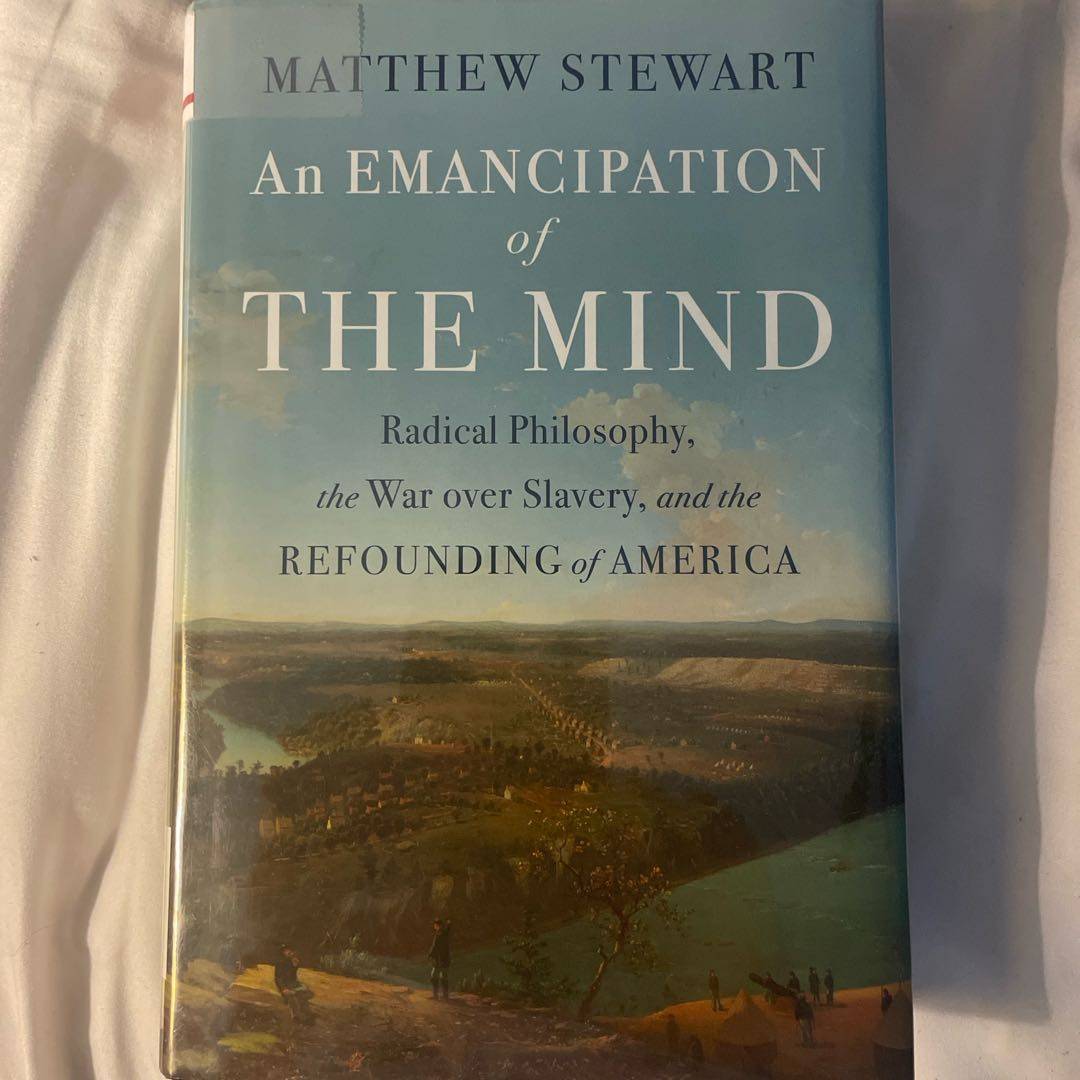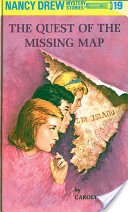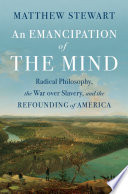
Oddly, though this book was about the emancipation of the mind and the philosophy shift America had to do to embrace (or not) anti-slavery ideals, it made me think about a lot of philosophies around capital, property and economics today. And, it showed how Lincoln might even be underrated as a president, if possible.
7 likes


















